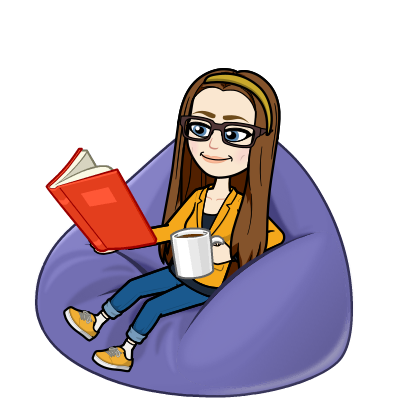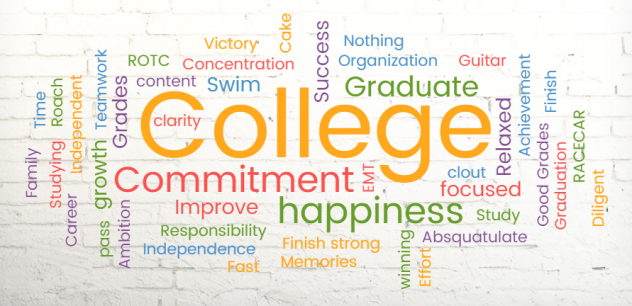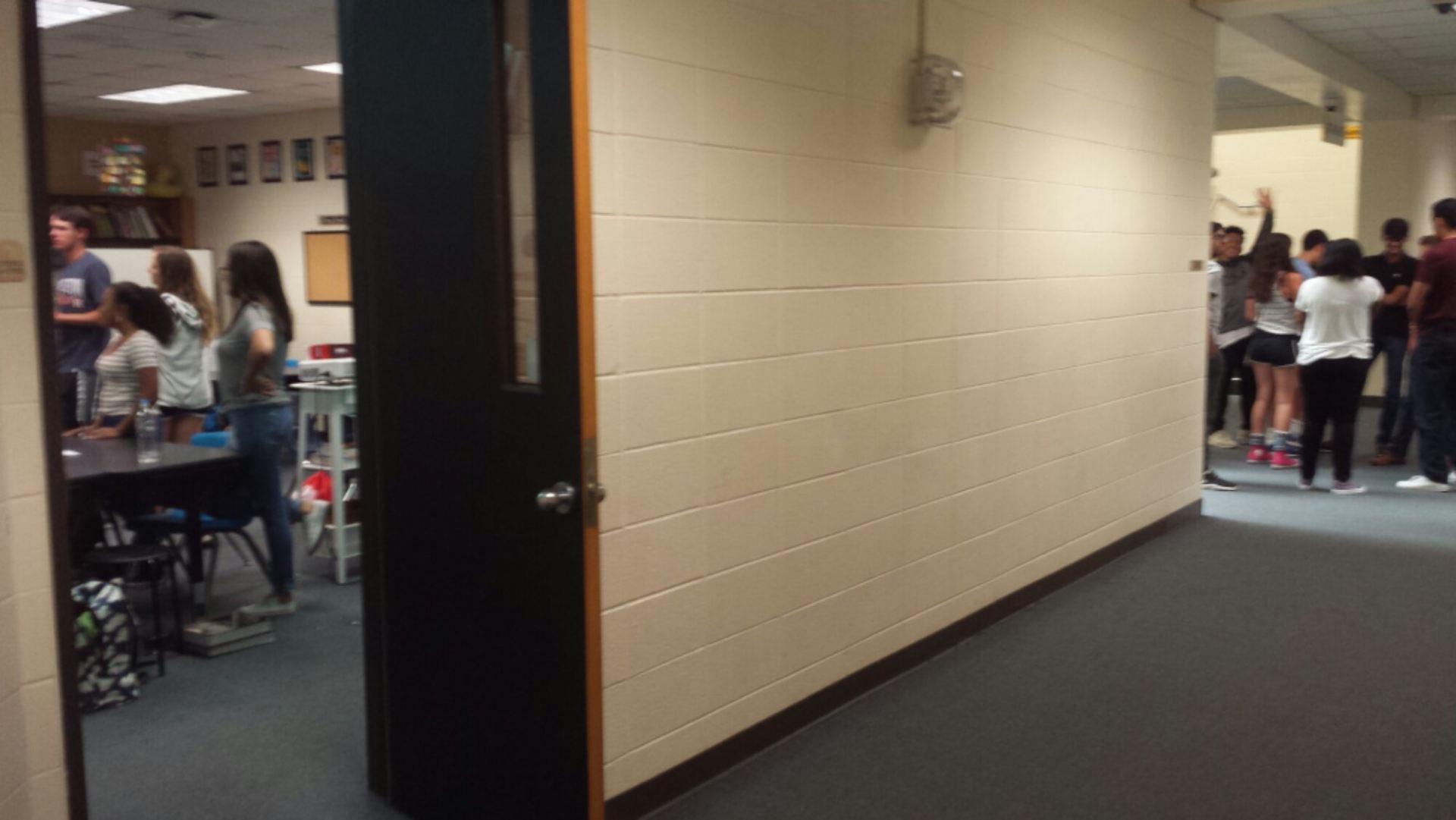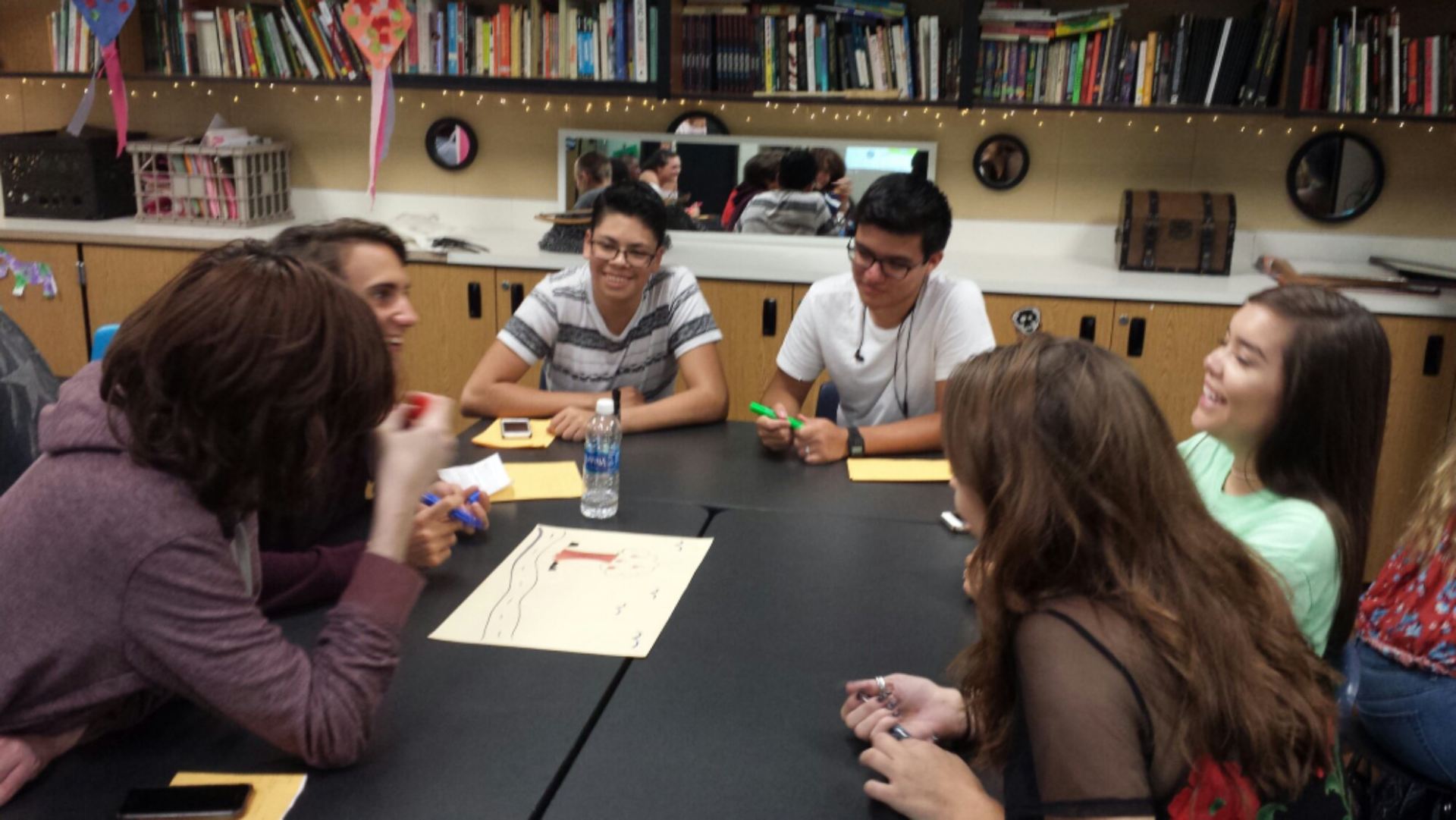First day jitters? No way! I hope that your first day was great! I was so excited to meet you all, even though there were a few more cell phones and sleepers than I would have liked on the first day. But we’ll get there!
The struggle for me as a teacher is how to cover all the required topics: dress code, parking, bus behavior, all while still trying to be engaging and getting to know you.
So, this is what we talked about each class period:
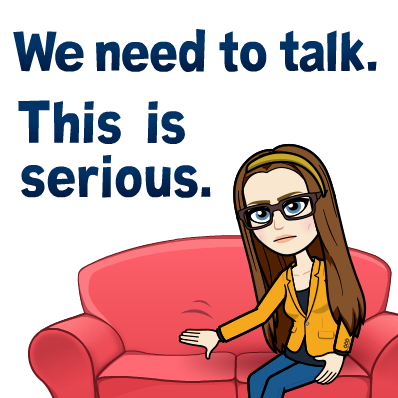
1st Period
- How to read the schedule
- 6 minutes between each class period
- There are no AGR cards this year because we have online registration now (AOR)
- All requests for early dismissal are handled before school in the attendance office
- All notes regarding absences are to be turned in directly to the attendance office.
2nd Period
- I passed out KISD forms. Please sign and return to 2nd period
- Clinic Emergency Card
- Insurance forms.
- Free/Reduced Lunch online information
- Migrant Form-(cow)
- “Wise – Up” parent letter
- Note: There are no AGR registration cards this year because KISD has moved to annual online registration (AOR) this year.
- Early dismissals, doctor’s notes, court notes, and written excuses are to be turned in to the attendance office before school.
- Once a student has arrived on campus, no student is permitted to leave the Klein Oak campus during the school day without an approved early dismissal. Any student leaving campus must sign out in the attendance office before he leaves regardless of his location in the building at the time of the early dismissal.
- Any student arriving to school after 7:40 AM must go to the attendance office to sign in.
- Parents need to call the attendance office when a student is absent. Students are to bring a note to the attendance office the following day to excuse the absence.
3rd Period
- We reviewed the dress code policy in the student handbook (pages 46-47).
- We reviewed the section of the student handbook related to Pointers, Portable Music Devices, Cameras, Handheld Computers, Cell Phones and Other Electronic Devices (pages 52-53) Inform students of the new KO procedures with the red, yellow and green cards.
4th Period
- I explained cafeteria information as detailed below. Ask students to check their schedule for 4th and 5th period only. The letter following the students 4th or 5th period room assignment denotes the lunch that student is to attend. For example, if the student is in room 287B during 5th period, he or she will go to B lunch. If there is no letter then the student will go to B lunch. Go over which courses in fourth and fifth period go to which lunch periods. Look at the bell schedule for clarification.
- Cash money may be deposited in a student’s lunch account using one of the three net cash machines which are located in the commons. Student lunch accounts can also be paid online using the Klein Oak webpage.
- Students must use their ID number to purchase lunch. Once distributed, all students will be required to use their ID to purchase lunches. Emphasize to the students that they must not share their ID or PIN with anyone else.
- Students are responsible for throwing away the trash on their table. It takes a team effort to keep our school clean.
- The vending machines and food lines will be off limits when the bell rings to return to class.
- Students have four (4) minutes between lunch periods.
- Reminder: no bottled drinks except water, candy, food, etc., will be allowed in the building outside of the cafeteria. Klein Oak is a closed campus and that visitors are not allowed on the campus unless they are approved by the administration. Students may not have guests eat lunch with them unless they are a guardian.
- Students can locate the bus lists on the cafeteria windows during lunch to find the correct bus number and lane.
5th Period
- We discussed that they should never be in the hallway, during the school day without a pass from a teacher.
- We reviewed the sections of the student handbook pertaining to Bullying (page 49-50) and Dishonesty in School Work (page 51) with students.
- We went over Klein Oak Honor Code statement at this time. “I affirm that I have neither given nor received unauthorized assistance on this assignment.”
6th Period
- Any and all prescribed medication is to be kept in the original container and taken to the clinic. All medication must be brought to the school by a parent or guardian. Students may not bring and/or carry prescription medication with them at any time.
- Students were reminded to never accept or consume any item that could be mistaken for a drug. Students should never use someone else’s medication.
- We talked about the section in the student handbook pertaining to possession of tobacco (page 54) and the section on use and possession of alcohol, controlled substances, dangerous drugs, inhalants, narcotics and/or marijuana by students (page 64-65).
- Students that they are not to trespass on the Hildebrandt, Northampton, Krimmel, or any other campuses.
7th Period
- Review the transportation section on page 32-34 of the student handbook. Review pages 53-54 about parking lot information for students who drive.
- I reminded students that at the end of the day, they need to go directly to their bus or automobiles, unless they are involved in a school sponsored extracurricular activity, immediately after school. Once buses start moving, they will not be stopped.
- Vending machines are off limits after school unless students are staying for an extracurricular activity. Students are not to carry drinks out to the buses.
- Last reminder: Clinic Emergency cards, insurance forms, migrant form, free or reduced lunch online information sheet home for signatures and completion. Everything that needs signing should be returned to the second period teacher tomorrow.
- Bring schedules back to school tomorrow
See why the first day can be a challenge?
Then, I did a quick little activity I call Numbers. Again, you may be wondering why we are working with numbers if this is an English class. Trust me.
I explained we had a list of number from 1 – 96. You had one minute to circle as many numbers as you can: in numerical order! No shortcuts or creative thinking on this one: I seriously wanted you to find the one and circle. Then find the two and circle. Then find the three. You get the idea.
I think the highest anyone got was 25. Good, but not great. We only had a minute, and during this time, I was not helpful at all. I increased anxiety by constantly yelling out the time, snarkily telling students that they already should have learned their numbers, yelled at people to stop talking, and was just generally unhelpful.
I showed all of my students the pattern (some of you figured it out on your own!) and then we did the whole thing over again – except this time, I gave you a sheet with the grid that showed you the quadrants and the pattern. EVERY SINGLE ONE OF YOU GOT MORE THAN THE FIRST TIME AROUND! Why? Because I showed you the trick. So why did we do this? Because you guys can already write a paper. You are already accomplished English students. My goal is to help you increase your skills (and ultimately your AP score). I’m going to do this not by drill and kill (though there is a time and a place for practice tests, and I want to spread them out over the year – brain research that cramming for a test is counterproductive).
Our big activity for the day was Creative Coloring: each student was given a marker and as group, had to draw a picture for me. A picture? In English class? Sometimes, I ask you to do things that may seem a little… weird at first. You may wonder why I ask you to do something. Trust me on this. We’ll be talking about these pictures tomorrow and next week.
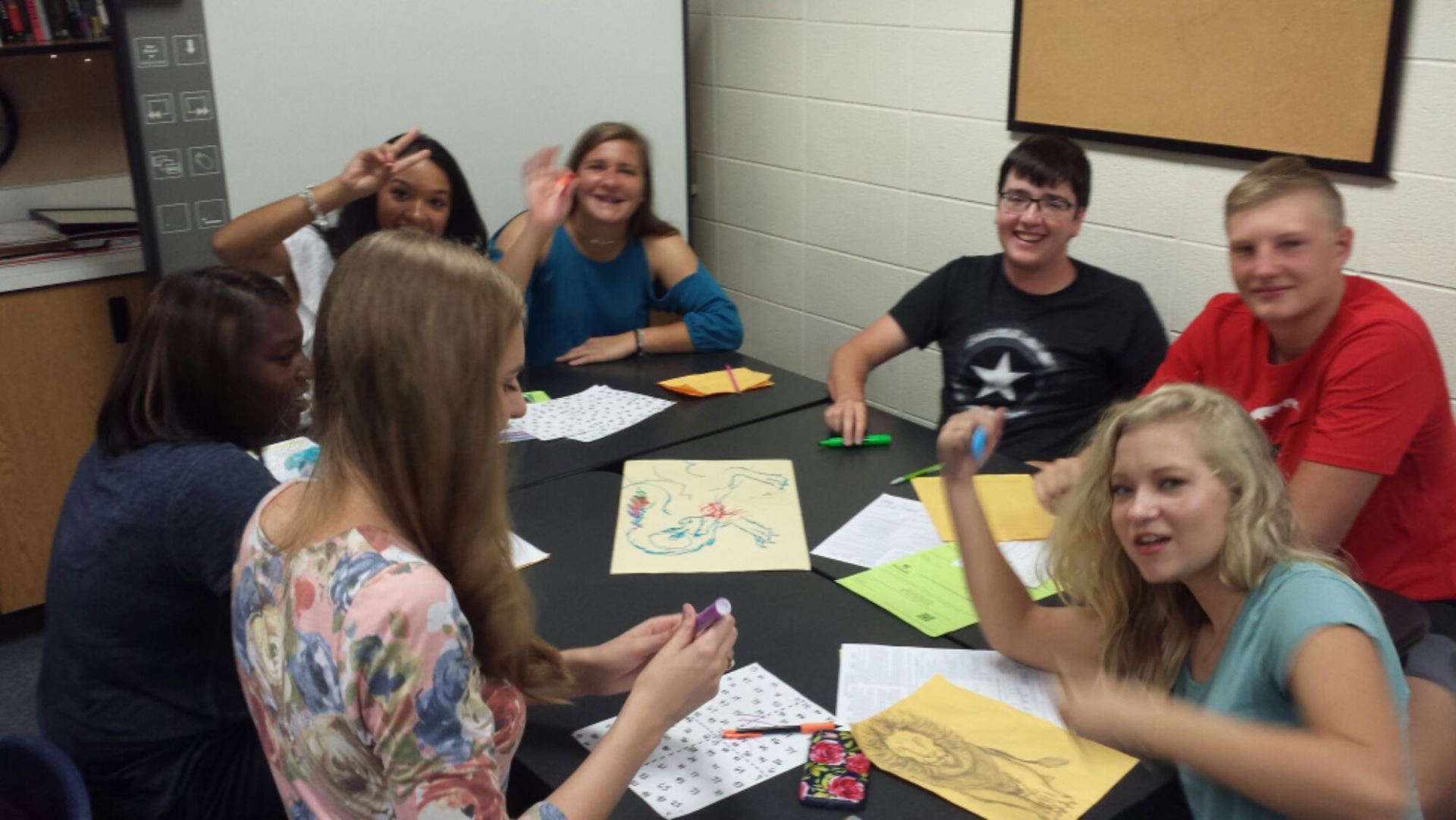
I am going to put all of the pictures I took in Schoology for your enjoyment.
Lastly, I went over my syllabus. Yes, I did assign parent homework, but I promise it’s fairly easy (and won’t be due for a long time. You need to get How to Read Literature Like a Professor, Othello, and Pygmalion ASAP. Honestly, they are all fairly easy reads, but then again, it’s easy for me to say that: I like them all.
